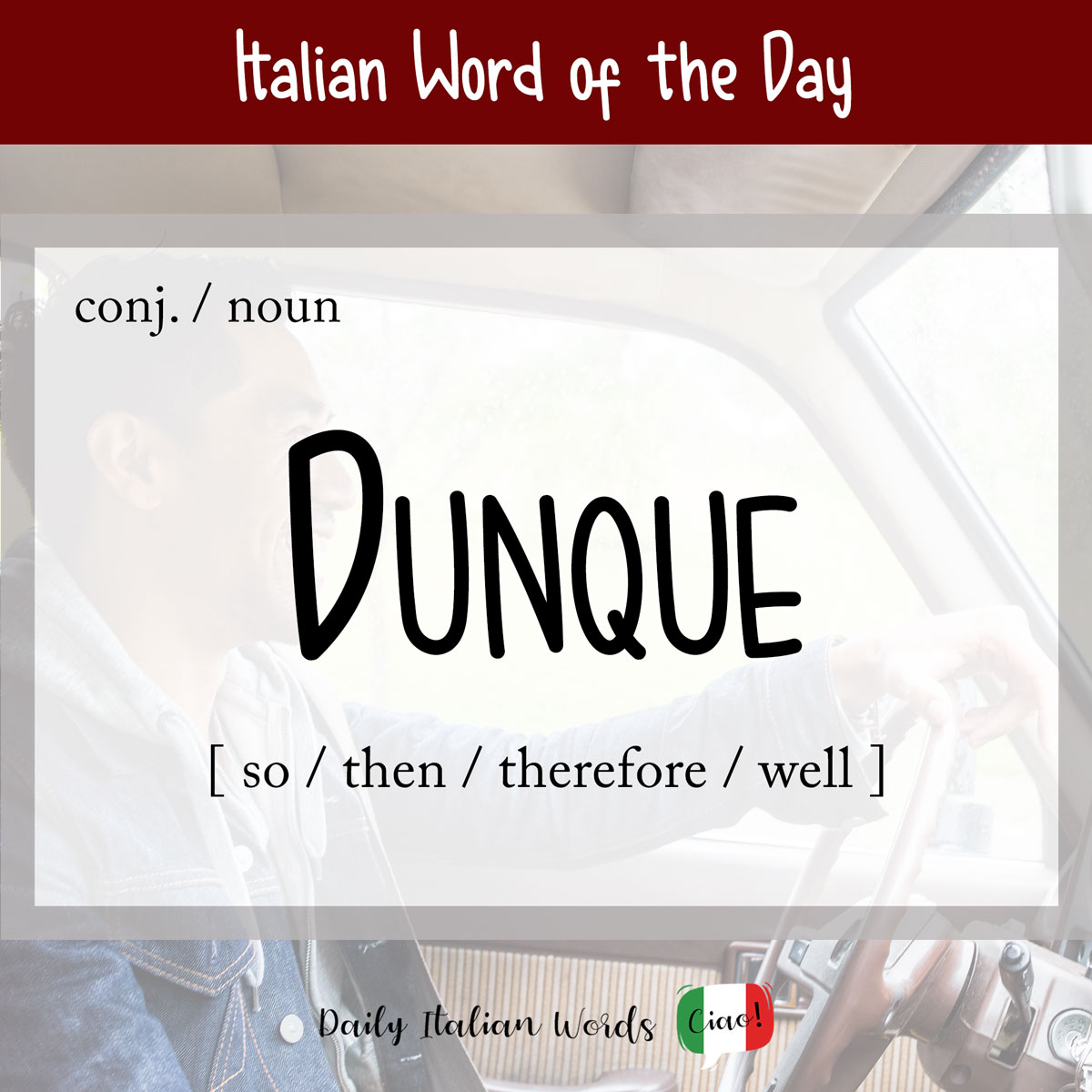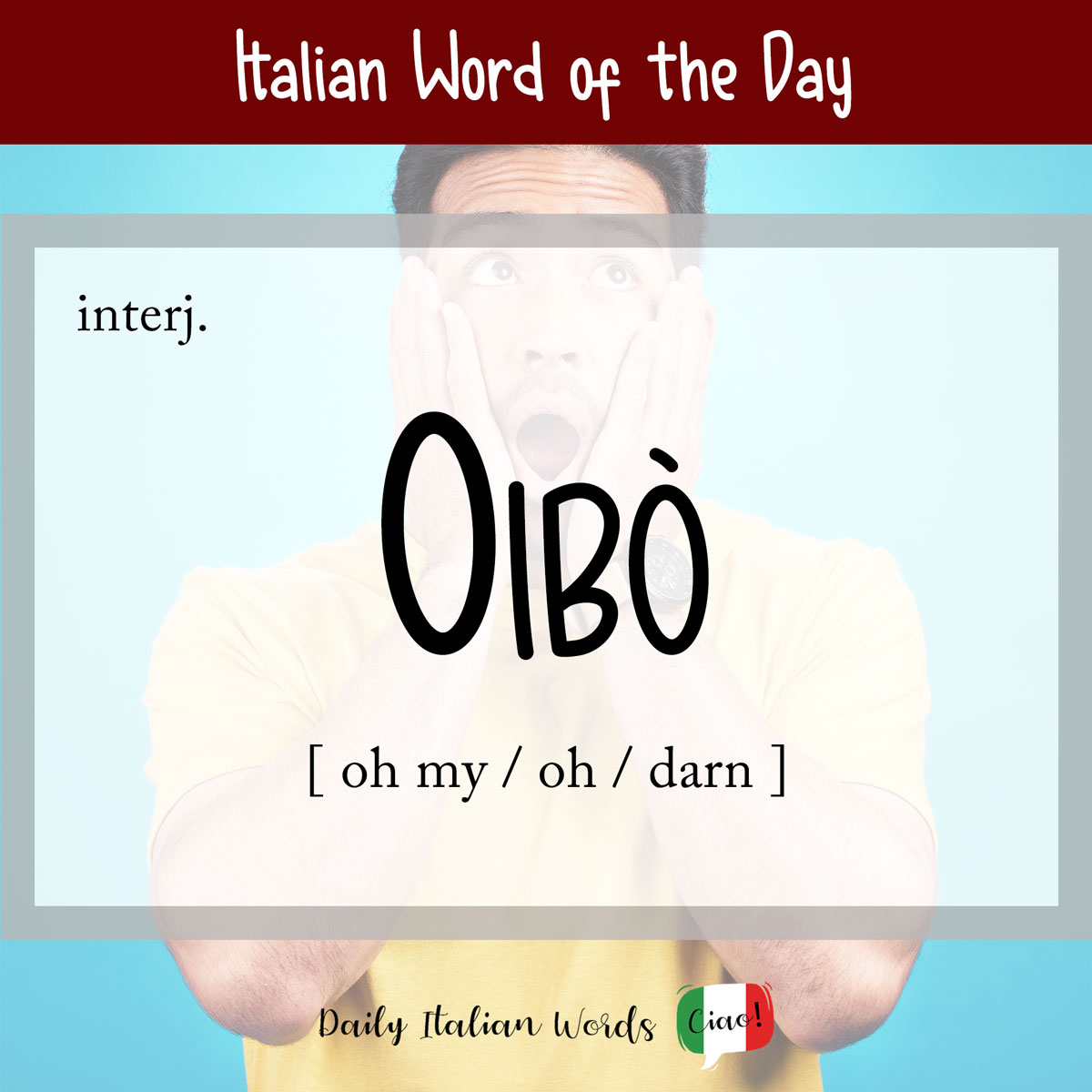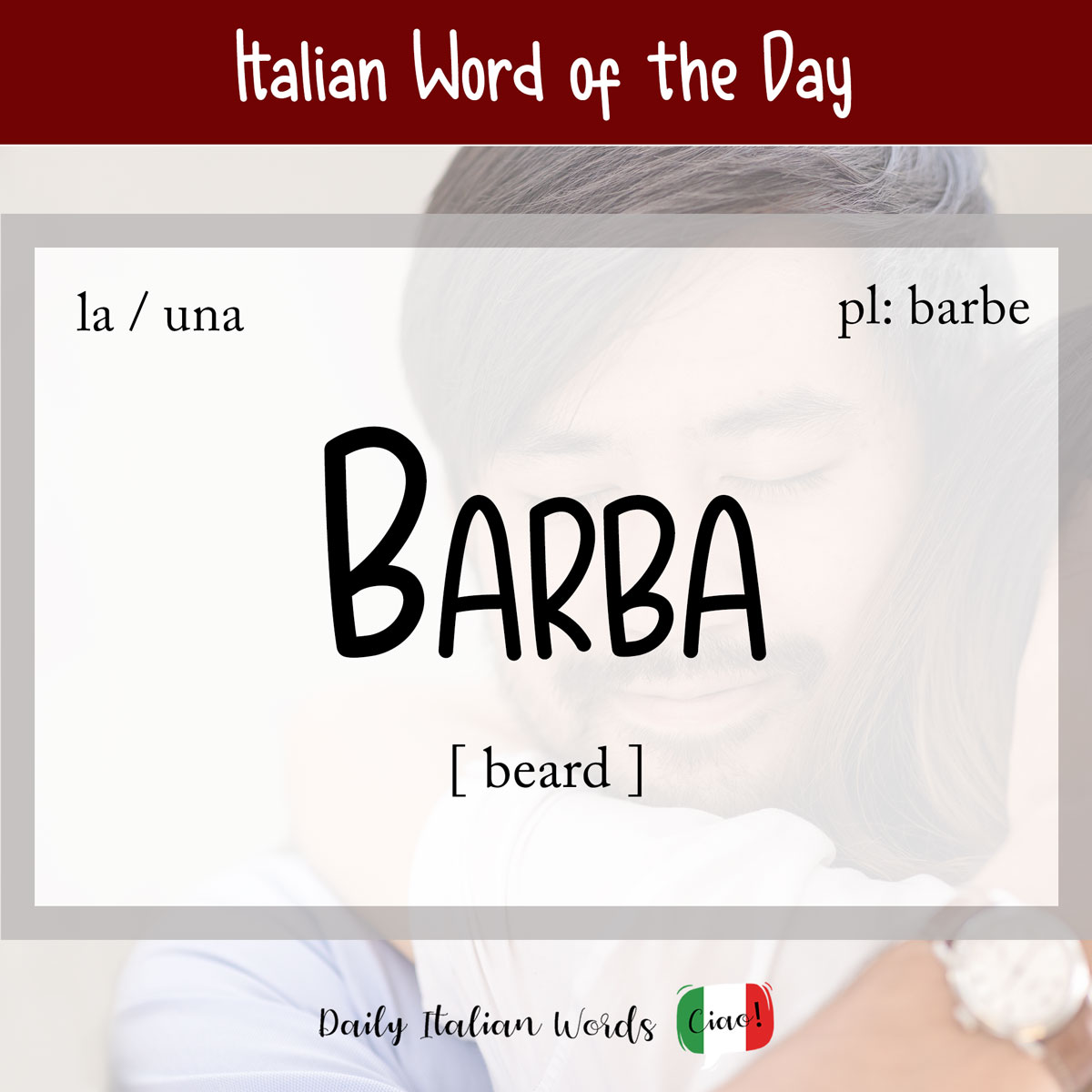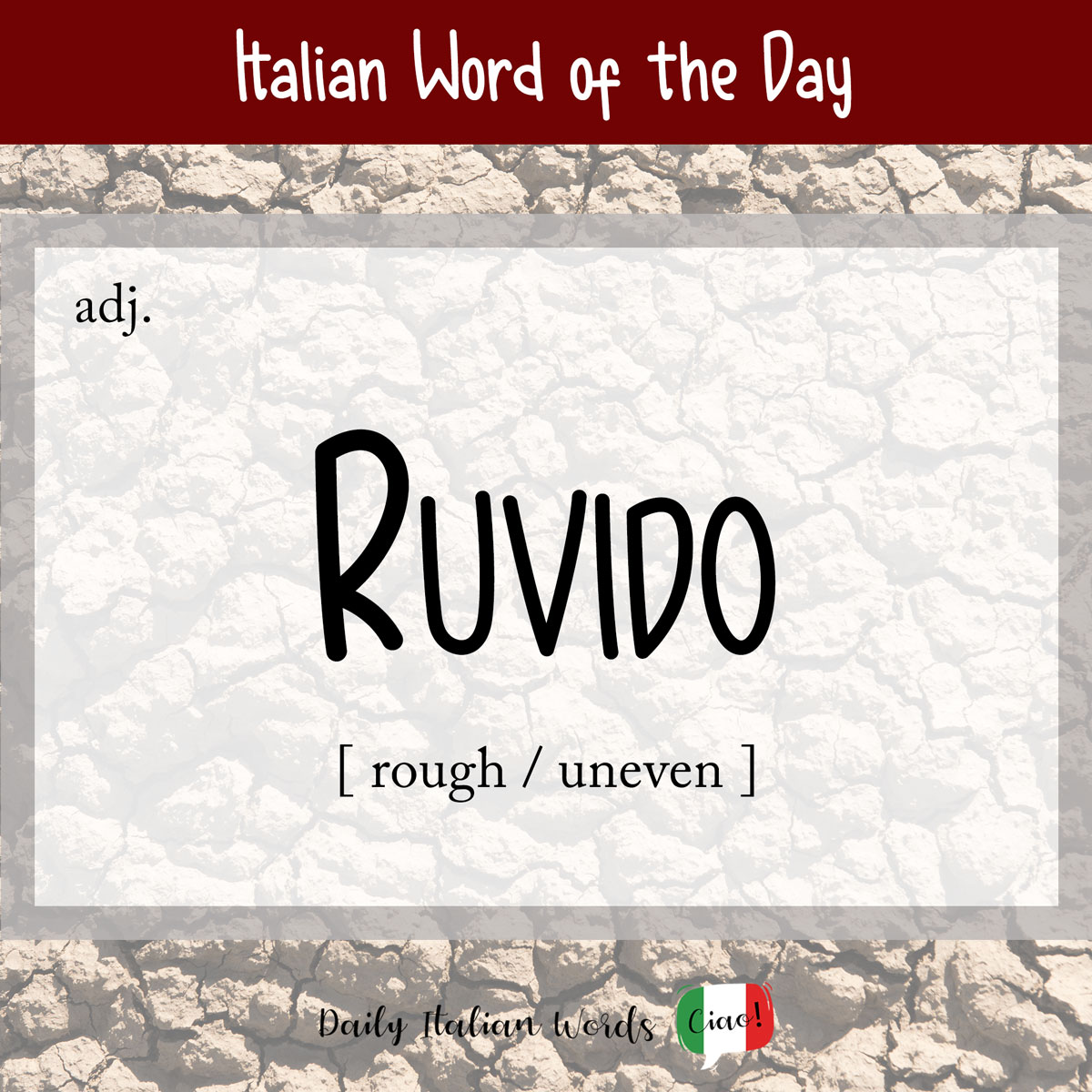Italian Word of the Day: Spazio (space)
The English word space carries various meanings, and the good news for learners is that the Italian equivalent, spazio, covers nearly all of these meanings as well. spazio space Before we dive in, let’s quickly explore its etymology. Spazio derives from the Latin spatium, a word of uncertain origin that encompasses the same meanings as …






